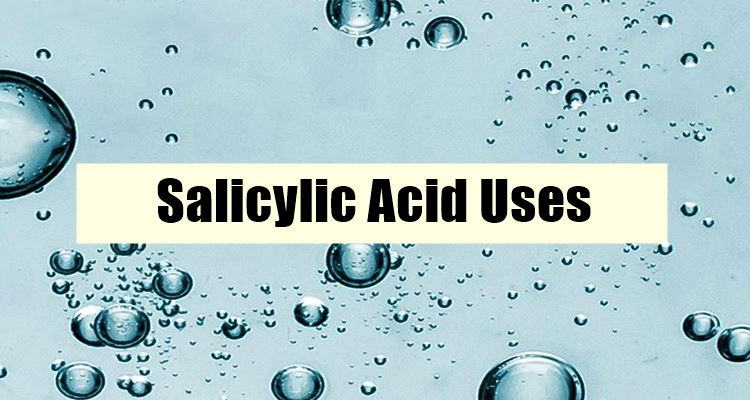SALICYLIC ACID USES – It is said that salicylic acid can treat many skin disorders but here are some things to know before using this.
Acne, dandruff, psoriasis, seborrheic dermatitis of the skin and scalp, calluses, corns, common warts, and plantar warts are some of the skin problems that can be treated with salicylic acid. Here are some other things to know first.
Salicylic Acid For Acne: How It Works, Side Effects, and Precautions Of This
Is salicylic acid for acne safe to use? What are the effects?
SALICYLIC ACID FOR ACNE – Here are some of the things to know first before applying this to your face and acne.
One of the most common skin problem we have is acne. The acne is a skin condition that causes whiteheads, blackheads or pimples because oil, dirt, and dead skin cells are clogged in your hair follicles.

And one of the famous ingredients usually seen in products used to treat acne and is also said to be effective in treating it is the salicylic acid. This is an ingredient for exfoliation. Essentially, it scrapes off dead skin, removes excess oil, and reduces whiteheads and blackheads.
This is a chemical exfoliant called beta-hydroxy acid (aka BHA). It may also be used as an acne spot treatment as an ingredient in other forms, like cleansers, toners, serums, and peels.
It has the ability to unclog blocked pores the reason why it is effective to treat acne. SA breaks down dead skin cells and oils like sebum.
According to an article from Healthline, the following are the possible side effects:
- skin tingling or stinging
- itching
- peeling skin
- hives
On the other hand, according to a blog from Allure, products with salicylic acid are safe to use everyday if it is directed and tolerated by your skin. However, it can be irritating to those who have a dry and sensitive skin types.
For using SA, be sure to take a patch test first in order to know how your skin will react to this chemical. It is also important to follow the labeled instruction carefully and do not use more than the recommended amount. SA is also not for babies and children.
READ ALSO:
- Protein Shake – Ingredients and How To Make A Protein Shake
- Tips For Vegetarians – Important Tips To Eat Healthier For Beginners
What can you say about this? Let us know!

